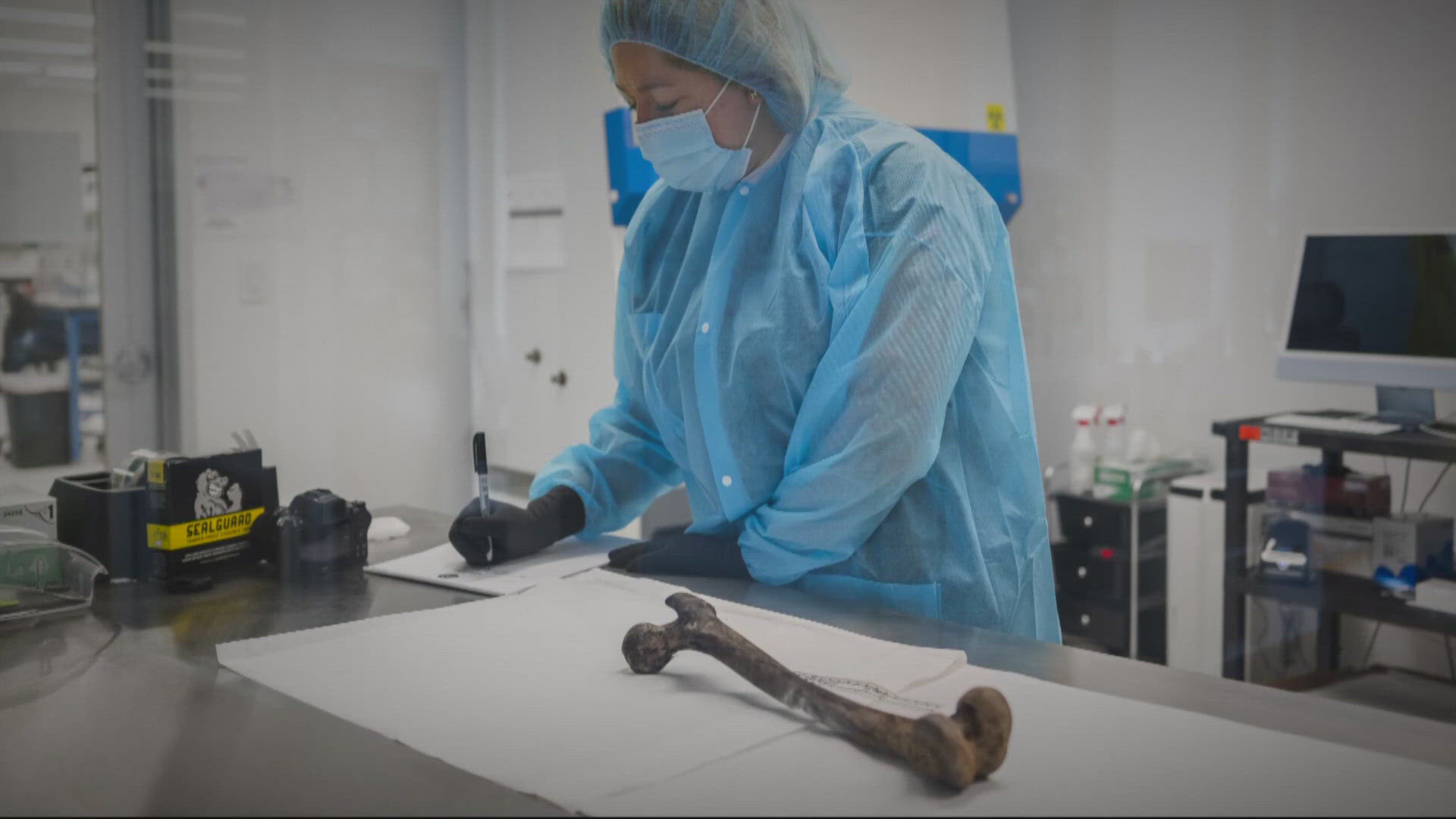ST. LOUIS — Missouri Gov. Mike Parson signed the new state budget into law on Friday, and while it's packed with many things that keep our state running, there's a new portion of the budget that will help identify remains that have been unidentified for years.
On April 17, 1979, 19-year-old Cheryl Anne Scherer went to work at a gas station in Scott City, Missouri, just outside Cape Girardeau, when she was abducted at 11:30 in the morning.
“Her car, all her personal belongings, everything was left. So it's not like she just went and she just went off, because everything of hers was left,” Cheryl’s sister Diane Scherer-Morris said.
They've had leads in the case over the years, but her body has never been found, that they know of. Her family has not lost hope.
“It's one of those things where it's hard to believe that after this long, we're still searching for her. We will stay determined until we can do everything that we can in our lifetime,” Scherer-Morris said.
Cheryl's story is one that shocked and pushed legislators like State Rep. Tricia Byrnes, (R)-Wentzville, to put $1.5 million in the state budget for advanced DNA testing of unidentified bodies and remains.
“Not only does it create closure for families, but this is also a key to unsolved mysteries that have plagued communities and law enforcement agencies. And it keeps our community safer when we can get some of these perpetrators off the streets.
Byrnes said at the time they were pushing for this legislation, there were 120 unidentified bodies and remains in Missouri.
Dr. Lindsay Trammell, a Forensic Anthropologist in the St. Louis County Medical Examiner’s Office, said identifying remains is tough even with new technology.
“It is my job once they are brought into the medical examiner's office to look at the remains, especially when they're not recognizable, to look at indicators on the skeleton to figure out if they're male or female, how old they might have been at the time that they died, how tall they were, if there was any kind of skeletal trauma that could have contributed to how and why they died. But the ultimate goal is looking at that information and trying to figure out who they were,” Trammell said.
She then gives that information to law enforcement to try and match it to a missing person, but that doesn't always work, which is where advanced DNA testing comes in.
“The last thing that we are going to do is submit maybe a bone or a tooth sample for DNA analysis. And there isn't a lab in the state of Missouri, that actually has that technology,” Trammell said.
For those reasons, the process took years and was very expensive. With this new funding, the Missouri State Highway Patrol will be able to send off all the unidentified remains to a contractor so that maybe families like Cheryl's can find peace.
“Having this is going to give everyone more opportunity to submit things for analysis and hopefully, identify these individuals and be able to bring them home to their families,” Trammell said.
Scherer-Morris said she encourages anyone with information to come forward.
“Our hope is that whoever knows if they are holding the secret if they could come forward, Cheryl deserves that. Just help us to find where she's at if she is not alive, so that we can have her remains, we owe that to her. So she deserves that,” Scherer-Morris said.
The next step is for a DNA lab to be selected and then families of missing people will be notified about the process.

